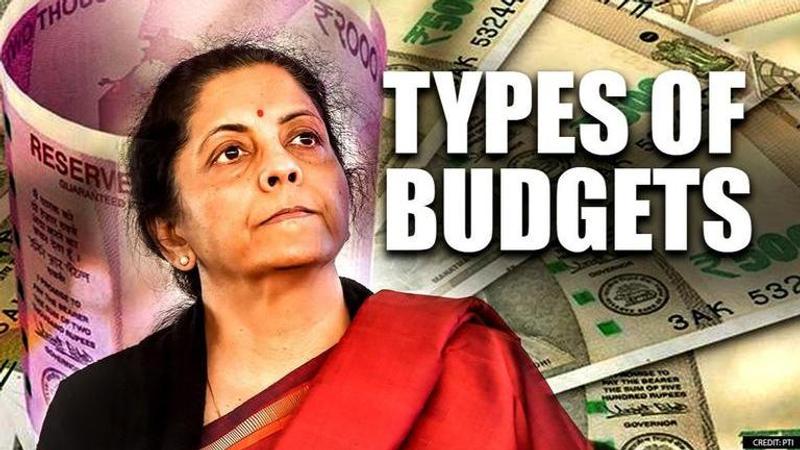Published 22:38 IST, January 29th 2020
Before Union Budget 2020, here are the key differences in types of budgets in India
The Modi government is set to present its second budget since coming back to power, with all eyes on what Nirmala Sitharaman can pull out of the 'bahi khata'

Union Finance Minister Nirmala Sitharaman is all set to unveil her second 'bahi khata' before the Union Budget on February 1, a day after Chief Economic Adviser Krishnamurthy Subramanian tables the economic survey for the fiscal year 2019-2020.
The annual budget is defined as a plan which is put forth by the government to estimate and calculate the expenditures in the given fiscal year. This budget is mainly categorised into three types based on the comparison of projected spending by the government with that of projected income in the same year.
Balanced Budget
When the estimated income of the government remains equal to the estimated spending, it is called a Balanced Budget. The key factor of this type of budget is that it indicates financial stability of the government. However, it can also signal a limit on the scope of welfare activities by the government.
On the contrary, when the estimated income of the government is more or less than the estimated expenditure, it is said to be an unbalanced budget. It is further categorised into Surplus Budget and Deficit Budget.
Surplus Budget
When the government's estimated income is more than the estimated expenditure, then it is said to be a Surplus Budget. In unadorned terms, the government's revenue becomes more than its expenditure. It is said by economists that at the time of inflation, a Surplus Budget is beneficial.
Deficit Budget
If the government's estimated expenditure is more than the estimated income, it becomes a deficit budget. It also means that the government is spending more money than it is able to hold in the country's economy, making the revenue less than that of its expenditure. Senior economists have suggested that governments across the world present this kind of budget with an aim to bridge the gap between income and expenditure, and maintain inflation.
Updated 22:38 IST, January 29th 2020




